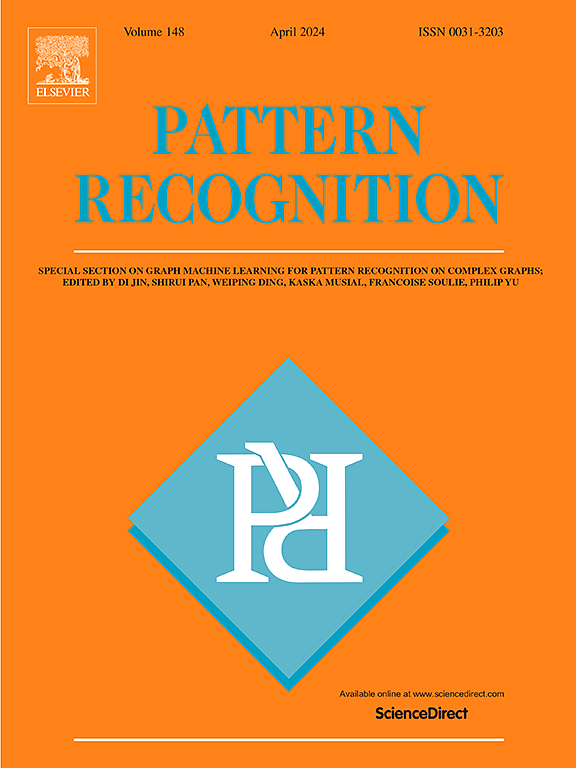基于优化元学习的查询驱动双网络框架用于少量高光谱图像分类
IF 7.6
1区 计算机科学
Q1 COMPUTER SCIENCE, ARTIFICIAL INTELLIGENCE
引用次数: 0
摘要
深度学习由于其强大的深度特征提取和非线性关系处理能力,在高光谱图像分类中取得了显著的效果。然而,深度学习方法的成功在很大程度上依赖于大量的标记样本,这既耗时又费力。为了解决这一问题,本文提出了一种基于查询驱动的元学习孪生网络(QMTN)框架。QMTN使用了两个元学习通道,允许跨不同元任务的元知识的全面学习,提高了学习效率。在QMTN框架内,提出了一种轻量级的频谱-空间注意残差网络用于提取HSI特征。该网络在光谱和空间特征提取过程中结合了残差机制,并包括一个注意块,通过关注空间特征中的关键位置来提高网络性能。为了最大限度地利用有限的样本来构建不同的元任务,采用了两种元任务生成方法,有和没有模拟噪声。在三个公共HSI数据集上的实验表明,QMTN框架有效地降低了单个场景中对标记样本的依赖,显著提高了内部网络的分类性能和收敛性。采用模拟噪声的元任务生成方法可以提高QMTN的分类性能。本文章由计算机程序翻译,如有差异,请以英文原文为准。
A query-driven twin network framework with optimization-based meta-learning for few-shot hyperspectral image classification
Deep learning has achieved remarkable results in hyperspectral image (HSI) classification due to its powerful deep feature extraction and nonlinear relationship processing capabilities. However, the success of deep learning methods is largely dependent on extensive labeled samples, which is both time-consuming and labor-intensive. To address this issue, a novel query-driven meta-learning twin network (QMTN) framework is proposed for HSI few-shot learning. QMTN uses two meta-learning channels, allowing for the comprehensive learning of meta-knowledge across diverse meta-tasks and enhancing learning efficiency. Within the QMTN framework, a lightweight spectral-spatial attention residual network is proposed for extraction of HSI features. The network incorporates a residual mechanism in both spectral and spatial feature extraction processes and includes an attention block to improve network performance by focusing on key locations in the spatial features. To maximize the use of the limited samples for constructing diverse meta-tasks, two meta-task generation approaches are employed, with and without simulated noise. Experiments on three public HSI datasets demonstrate that the QMTN framework effectively reduces the dependence on labeled samples in a single scene and significantly improves the classification performance and convergence of the internal network. The meta-task generation method with simulated noise can improve the classification performance of the QMTN.
求助全文
通过发布文献求助,成功后即可免费获取论文全文。
去求助
来源期刊

Pattern Recognition
工程技术-工程:电子与电气
CiteScore
14.40
自引率
16.20%
发文量
683
审稿时长
5.6 months
期刊介绍:
The field of Pattern Recognition is both mature and rapidly evolving, playing a crucial role in various related fields such as computer vision, image processing, text analysis, and neural networks. It closely intersects with machine learning and is being applied in emerging areas like biometrics, bioinformatics, multimedia data analysis, and data science. The journal Pattern Recognition, established half a century ago during the early days of computer science, has since grown significantly in scope and influence.
 求助内容:
求助内容: 应助结果提醒方式:
应助结果提醒方式:


